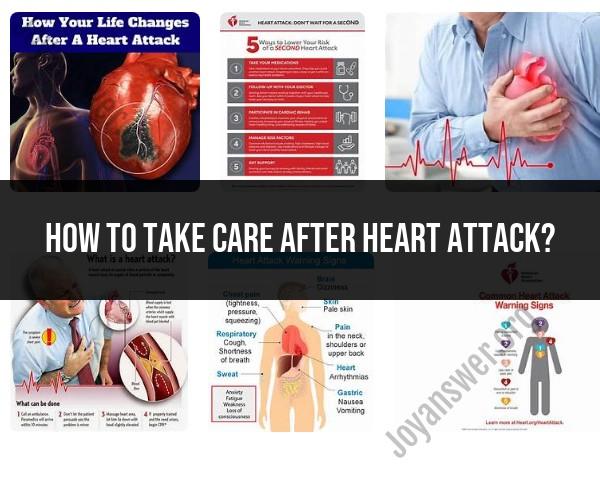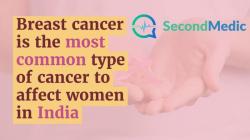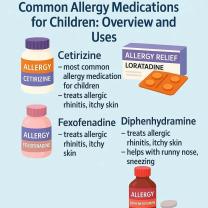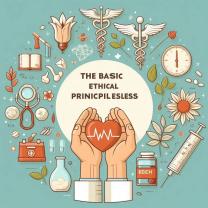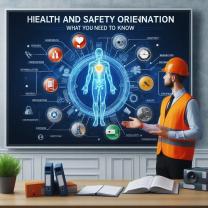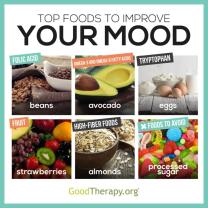How to take care after heart attack?
Recovery and well-being after a heart attack (myocardial infarction) are crucial for improving your overall health and reducing the risk of future cardiac events. Post-heart attack care involves a combination of medical interventions and lifestyle changes. Here are the key steps to take care of yourself after a heart attack:
Medical Follow-Up:
- Regularly follow up with your cardiologist or healthcare provider. They will monitor your progress, adjust medications, and provide recommendations for your recovery.
Medication Management:
- Take prescribed medications as directed. These may include antiplatelet drugs (e.g., aspirin), beta-blockers, statins, angiotensin-converting enzyme (ACE) inhibitors, and nitroglycerin. Medications help control blood pressure, cholesterol levels, and reduce the risk of blood clots.
Cardiac Rehabilitation:
- Participate in a cardiac rehabilitation program. These programs include supervised exercise, education on heart-healthy lifestyle changes, and support to help you regain strength and confidence.
Dietary Changes:
- Adopt a heart-healthy diet, which typically includes:
- A diet low in saturated and trans fats.
- Plenty of fruits, vegetables, and whole grains.
- Lean protein sources, such as fish, poultry, and legumes.
- Reduced sodium intake.
- Limiting or eliminating processed and high-sugar foods.
- Adopt a heart-healthy diet, which typically includes:
Weight Management:
- Maintain a healthy weight or work toward achieving a healthy weight if necessary. Weight loss can help reduce strain on the heart.
Regular Exercise:
- Engage in regular physical activity as recommended by your healthcare provider. Exercise can improve cardiovascular health and overall well-being. Start slowly and gradually increase the intensity.
Stress Management:
- Practice stress-reduction techniques such as meditation, deep breathing, yoga, or mindfulness to help manage stress, which can contribute to heart problems.
Smoking Cessation:
- Quit smoking if you smoke. Smoking is a major risk factor for heart disease.
Limit Alcohol:
- If you drink alcohol, do so in moderation. Excessive alcohol can weaken the heart muscle and raise blood pressure.
Blood Pressure Monitoring:
- Keep an eye on your blood pressure at home if recommended by your healthcare provider. Medications may be prescribed to control hypertension.
Blood Sugar Control:
- If you have diabetes, carefully manage your blood sugar levels. This can help reduce the risk of further cardiovascular complications.
Compliance with Medical Recommendations:
- Follow your healthcare provider's recommendations for testing and screening, such as regular blood tests, EKGs, and stress tests.
Social Support:
- Seek support from family and friends. Emotional support is vital for recovery and mental well-being.
Sleep Quality:
- Aim for good quality sleep. Adequate and restful sleep is essential for heart health.
Education:
- Learn about heart attack warning signs and what to do in case of recurrent symptoms. Time is critical in treating heart attacks.
Stay Positive:
- Maintain a positive attitude and stay optimistic. A positive mindset can promote healing and overall well-being.
Recovery after a heart attack is a lifelong journey. It's essential to work closely with your healthcare team, make the necessary lifestyle changes, and adhere to prescribed treatments to reduce the risk of future cardiac events and lead a healthy, heart-healthy life.
Post-Heart Attack Care: Steps to a Healthy Recovery
Recovering from a heart attack takes time and effort, but it is possible to make a full recovery. By following your doctor's orders and making healthy lifestyle changes, you can reduce your risk of another heart attack and improve your overall health.
Here are some steps to a healthy recovery after a heart attack:
- Get plenty of rest. Your body needs time to heal after a heart attack. Avoid strenuous activity and get plenty of sleep.
- Take your medications as prescribed. Your doctor may prescribe medications to help lower your blood pressure, cholesterol, and blood sugar levels. It is important to take your medications as prescribed, even if you feel better.
- Eat a heart-healthy diet. A heart-healthy diet is low in saturated and trans fats, cholesterol, and sodium. It is high in fruits, vegetables, and whole grains.
- Exercise regularly. Regular exercise can help strengthen your heart and improve your overall cardiovascular health. Talk to your doctor before starting any new exercise program.
- Manage stress. Stress can worsen heart disease. It is important to find healthy ways to manage stress, such as exercise, relaxation techniques, or spending time with loved ones.
The Importance of Cardiac Rehabilitation After a Heart Attack
Cardiac rehabilitation is a medically supervised program that can help you recover from a heart attack and prevent another one. Cardiac rehabilitation programs typically include exercise training, education, and counseling.
Exercise training is a key part of cardiac rehabilitation. It helps to strengthen your heart, improve your circulation, and reduce your risk of heart disease. Cardiac rehabilitation programs also teach you how to exercise safely and effectively.
Education is another important part of cardiac rehabilitation. Cardiac rehabilitation programs teach you about heart disease, risk factors for heart disease, and how to make healthy lifestyle changes.
Counseling can also be helpful for people recovering from a heart attack. Cardiac rehabilitation programs can provide support and counseling to help you cope with the emotional challenges of heart disease.
Lifestyle Changes and Medications for Heart Attack Recovery
There are a number of lifestyle changes and medications that can help you recover from a heart attack and prevent another one.
Lifestyle changes include:
- Eating a heart-healthy diet
- Exercising regularly
- Managing stress
- Quitting smoking
- Maintaining a healthy weight
Medications that can help you recover from a heart attack and prevent another one include:
- Medications to lower your blood pressure
- Medications to lower your cholesterol levels
- Medications to lower your blood sugar levels
- Medications to prevent blood clots
Emotional Well-Being and Supportive Care Post-Heart Attack
Recovering from a heart attack can be a challenging experience, both physically and emotionally. It is important to take care of your emotional well-being during this time.
Here are some tips for taking care of your emotional well-being after a heart attack:
- Talk to your doctor about your feelings. It is normal to feel a range of emotions after a heart attack, such as sadness, anger, anxiety, and fear. Your doctor can offer support and guidance.
- Talk to your loved ones about your feelings. Your loved ones can provide you with emotional support and help you cope with the challenges of recovery.
- Join a support group. Support groups can provide you with a safe space to talk about your experiences and connect with other people who have been through similar situations.
Building a Heart-Healthy Future After a Heart Attack
Having a heart attack can be a wake-up call to make healthy lifestyle changes. By following the tips above, you can build a heart-healthy future and reduce your risk of another heart attack.
It is important to remember that recovery is a journey, not a destination. There will be good days and bad days. But by staying focused on your goals and making healthy choices, you can improve your health and live a long and happy life.
